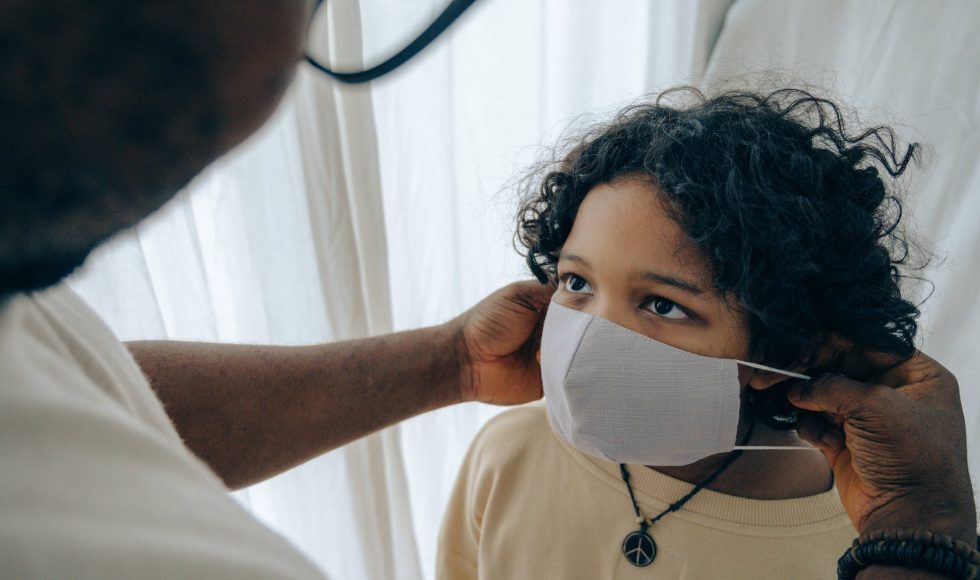Emma Baple from the Royal Devon University Healthcare NHS Foundation Trust & the University of Exeter spoke at London Calling 2023 about “Empowering NHS rapid diagnostic testing with long-read sequencing.” They explained how rapid genetic tests for acutely ill children with rare diseases is critical, and they shared some intriguing statistics about the prevalence of “rare” diseases. The R14 service in England has helped more than 2000 families with rapid exome sequencing and now rapid genome sequencing for greater than 600 families. The approach is called gene agnostic duo/trio hypothesis testing depending on availability of parents. The diagnostic yield is ~41%. The service is used to diagnose rare conditions, and several case studies were presented. Baple explained that the move from exome to genome sequencing helped clinicians and geneticists improve CNV calling and look at intergenic regions. Baple also played a clip from a video of Ellie-Rose since starting treatment. The father explained the progress made since the diagnosis. For Reuben, whole genome shotgun sequencing identified two CPS1 gene variants and a deep intronic variant after manual analysis of the gene region. He had a a transplant after diagnosis and is doing well. Baple noted that they wanted to improve and are still learning about non-coding variants. Their current pipeline also lacks some features, such as methylation. They want to incorporate Oxford Nanopore Technologies long-read sequencing to improve structural variants, methylation abnormalities, and non-coding variant, for example. Baple shared that they have used long-read sequencing to sequence affected child and one unaffected parent to identify a duplication. Short and long-read sequencing were used to improve analysis of that area. Baple concluded by saying that they want to make more diagnosis, faster, and better. The PromethION 24 in the NHS Laboratory will be used. The team at the Exeter lab includes bioinformatics experts and development scientists. They are motivated by the stories they shared to improve their workflow and apply the technologies available to diagnose and confirm sequence variants and methylation abnormalities.



